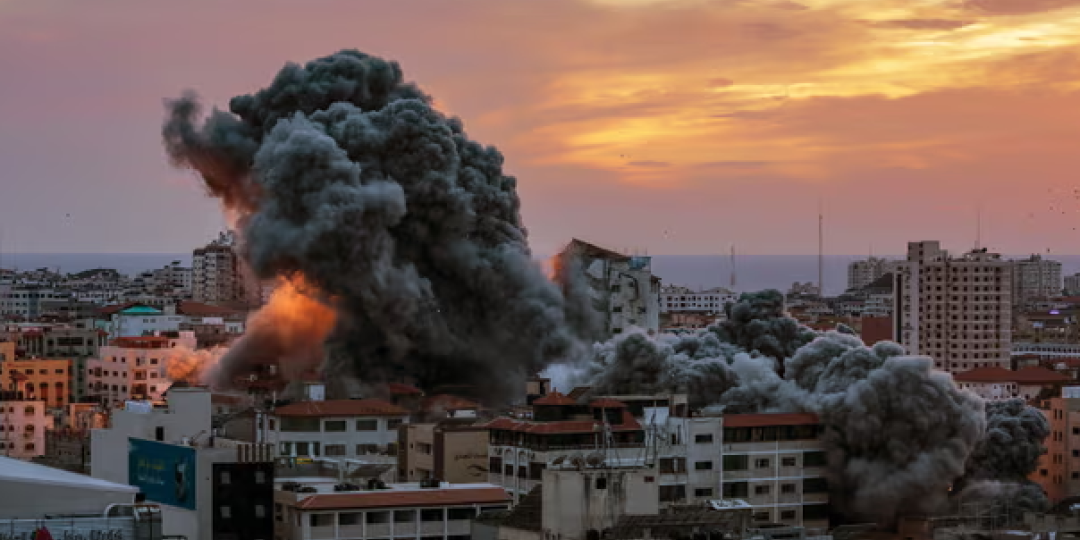World oil prices immediately jumped on concerns that the situation in Israel and Gaza could disrupt output from the Middle East. Hamas’s weekend assault on Israel is the biggest escalation of tension and conflict in decades.
Brent Crude, the international benchmark, rose more than $3 to $87.68 a barrel, while US prices also rose.
Israel and Palestinian territories are not oil producers, but the Middle East region accounts for almost a third of global supply.
Head of Integrated Energy, Resources and Carbon Research at Credit Suisse, covering the energy, green metals, and carbon market sectors, Saul Kavonic, told the BBC that crude prices had risen "due to the prospect of a wider conflagration that could spread to nearby major oil-producing nations such as Iran and Saudi Arabia".
"If the conflict envelops Iran, which has been accused of supporting the Hamas attacks, up to 3% of global oil supply is at risk," he added.
Caroline Bain, chief commodities economist at Capital Economics, an independent economics research company in London, told the BBC: “Overall, Capital Economics expects demand for oil to exceed supply in the final three months of the year and that should support higher prices.”
The other threat was that an expanding conflagration could threaten the Strait of Hormuz, which was crucial for the main oil exporters in the Gulf region, whose economies were built around oil and gas production, said James Cheo, an analyst from HSBC Bank.
The Strait of Hormuz links the Persian Gulf and the Gulf of Oman. It provides the only sea passage from the Persian Gulf to the open ocean and is one of the world's most strategically important choke points in world shipping.
"At this stage, there is a bit of nervousness. Investors want to see a little more clarity, particularly on economic data and on developments associated with geopolitical uncertainty," added Cheo.













